Former Australian Prime Minister Tony Abbott has called on business leaders not to focus on short-term gains but instead, work towards minimising Beijing’s influence on Australian supply chains.
In a speech to Policy Exchange, a right-leaning think tank in the United Kingdom, the former prime minister also conceded that his government was too naïve in its dealings with Beijing in 2014, when the China-Australia Free Trade Agreement was signed.
“As Australia has found, the Beijing government sees trade as a strategic weapon to be turned on and off like a tap to reward friends,” Abbott said.
“In my judgement, it should be every business’ concern to minimise the critical place that Chinese intermediate goods might have in our supply chains, lest they be denied just when they’re needed most.
“That’s not to deny that by and large, a business should minimise its costs and maximises its quality and returns to shareholders,” he said. “But this might be one of those instances where the long-term natural interest does not coincide with short term economic interests, and where character is demanded of our business leaders more than just commercial savvy.”
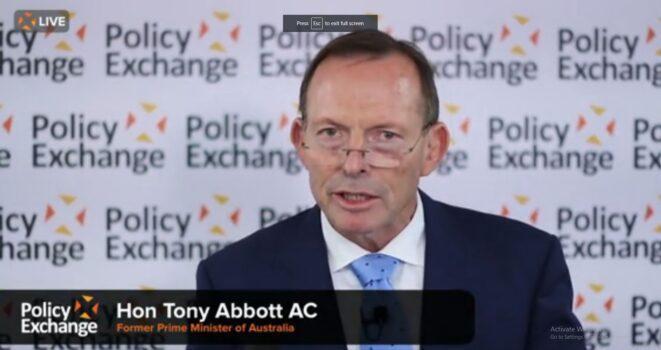
Abbott also called for a national audit of goods that Australia should stockpile to hedge against supply chain disruptions or national emergencies.
The former prime minister is now an adviser on the UK’s Board of Trade, which is tasked with growing the UK’s post-Brexit trading relationships.
Abbott spoke extensively on the Australia-China relationship, saying that after 40 years of “bide and hide,” Beijing had asserted itself aggressively on the world stage and has engaged in a “new Cold War.”
“That’s far more formidable than the old Soviet Union because it’s been increasingly embedded inside the global economy and can bring economic as well as military pressure to bear against its targets,” he said.
The former prime minister added that given Beijing’s economic coercion against Australia over the past year, it would be difficult to “contemplate concluding a trade deal today.”
“As late as 2014, when that free trade deal was finalised, we did have a very benign view of China,” he said. “Now, in retrospect, it looks like wishful thinking.
“But at the time, we were confident that there would slowly be not just economic but political liberalisation in China,” he said.
“We thought there would be, over time, considerable convergence and that China would become, in a sense, more like us. Perhaps we’ve become more like them, in fact.”
Australia-China relations have taken a dive since April 2020 after Beijing rolled out a series of bans, suspensions, and tariffs on Australian exports to China.
The penalties came following calls from Foreign Minister Marise Payne for an independent investigation into the origins of COVID-19.
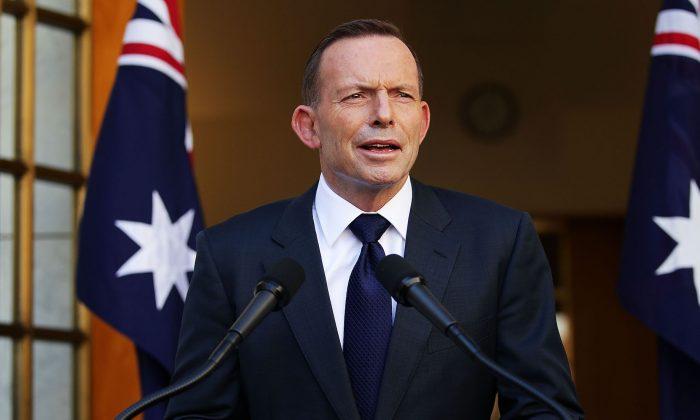

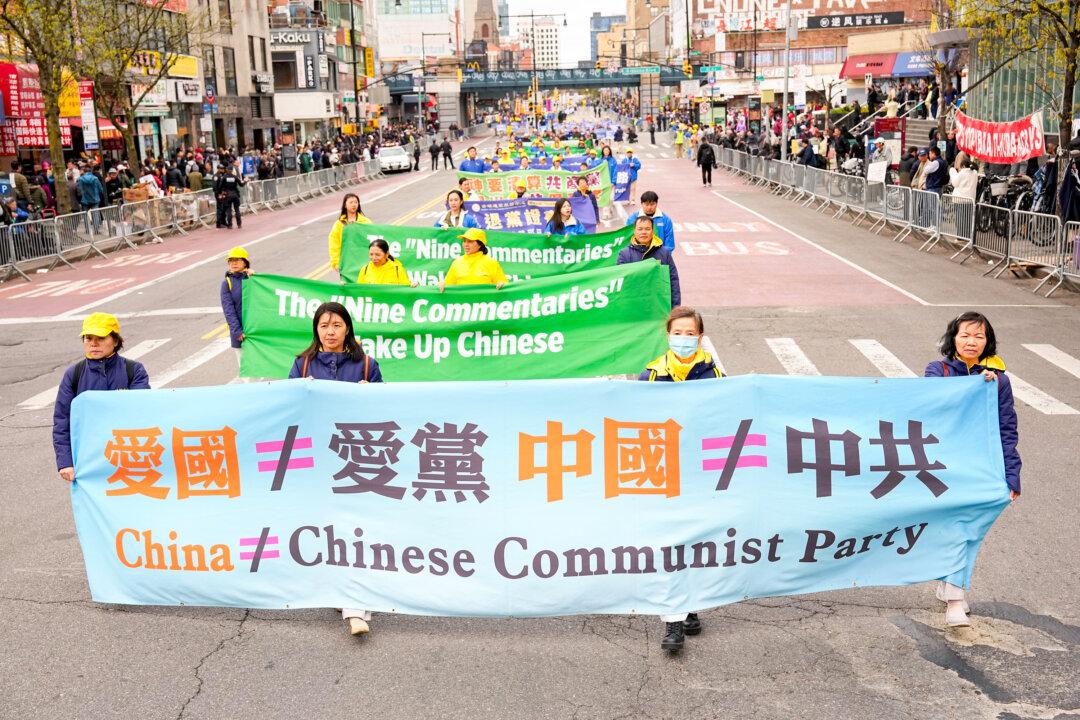
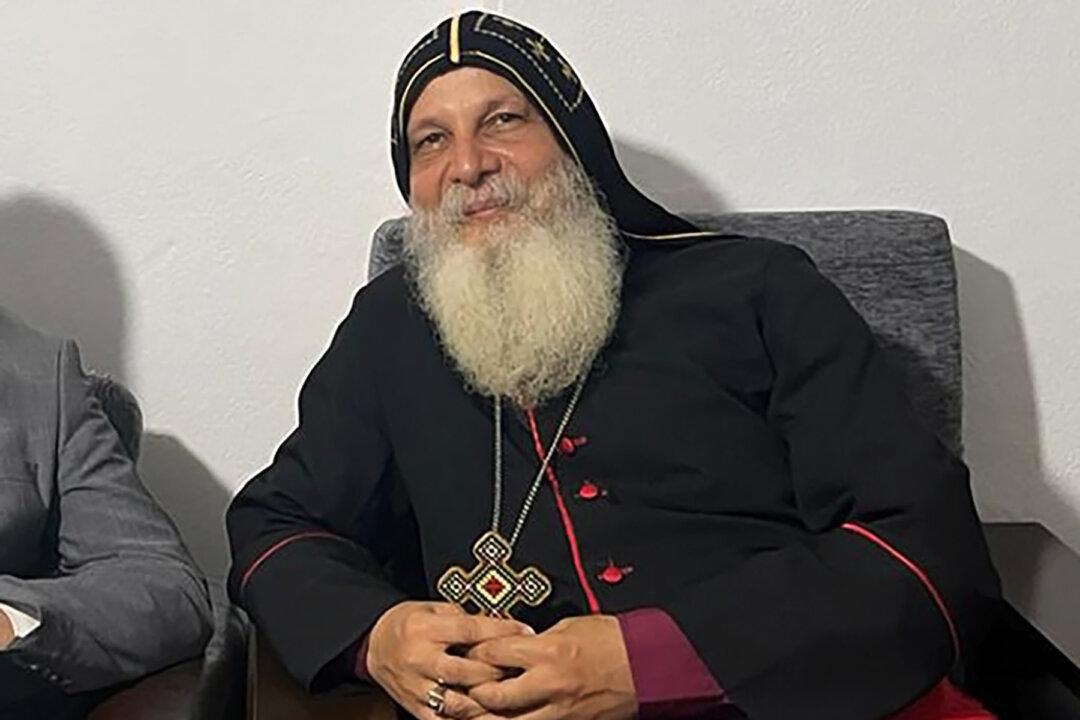

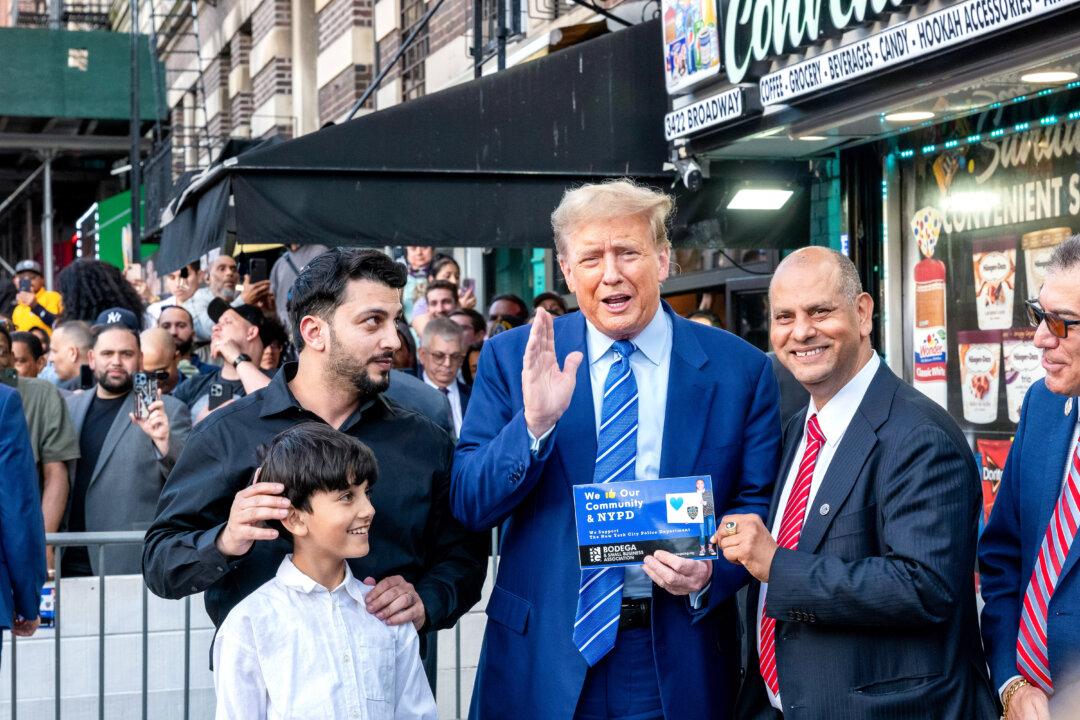
Friends Read Free